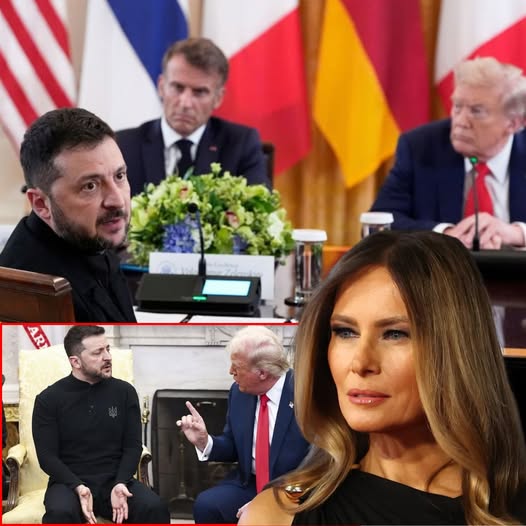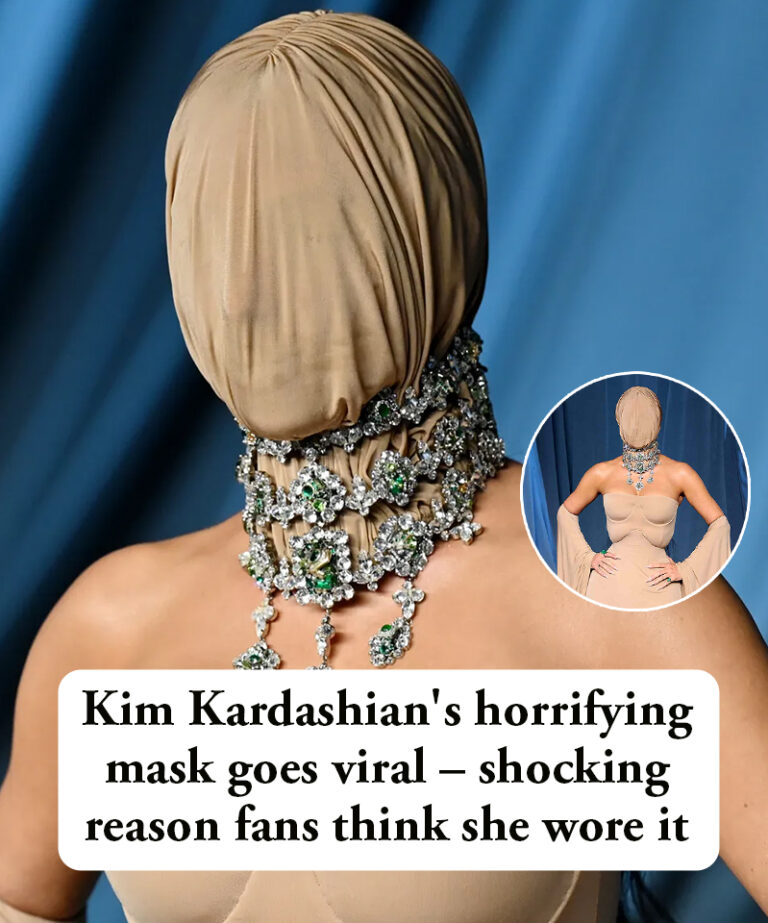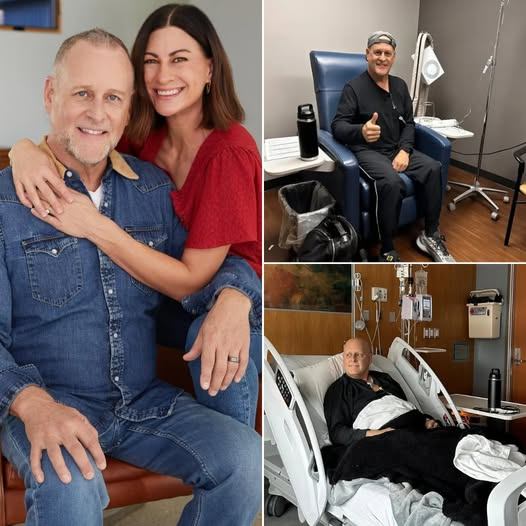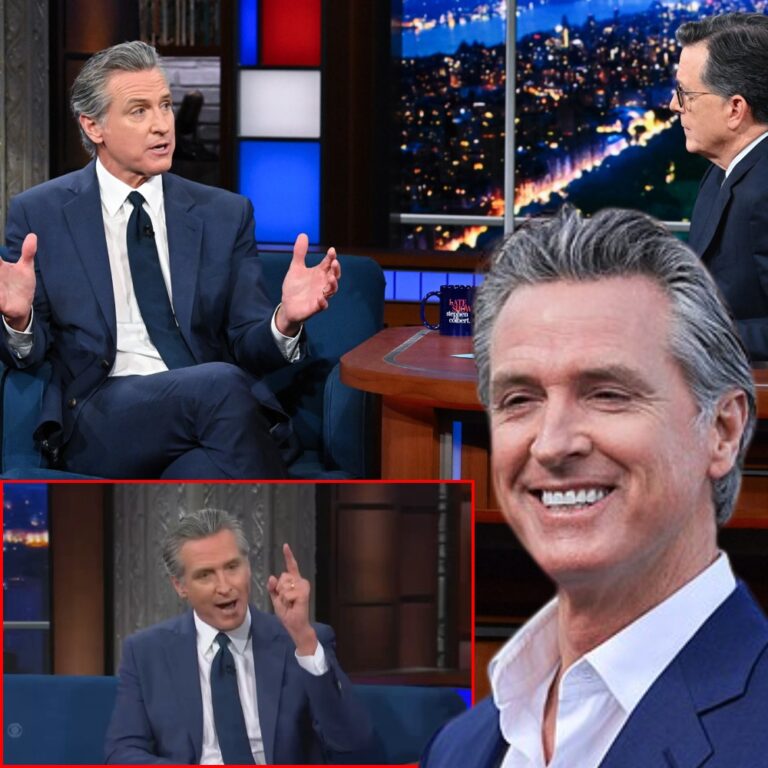
In a world where global conflicts often dominate headlines with statistics, military strategies, and political statements, the human side of war can sometimes feel overshadowed. Yet, it is precisely this human dimension—the stories of families, children, and communities—that reminds the world why peace and compassion remain vital. This week, an unexpected moment of solidarity caught the world’s attention. Ukrainian President Volodymyr Zelensky publicly expressed gratitude to former U.S. First Lady Melania Trump for her support and concern regarding one of the most heartbreaking consequences of the war in Ukraine: the forced displacement and abduction of Ukrainian children.
The exchange, though brief, highlighted how humanitarian issues transcend politics. At a time when nations debate strategies and leaders discuss sanctions, the wellbeing of innocent children serves as a universal reminder of what is truly at stake.
Zelensky’s Message of Thanks
President Zelensky, who has consistently used his platform to draw international attention to the human toll of the war, took a moment to thank Mrs. Trump for what he described as “her attention to one of the most painful and difficult issues of this conflict.” His message carried weight not just because of its content, but because it came during a period when global attention sometimes drifts toward other pressing crises around the world.
Zelensky emphasized that no issue has struck as deeply at the heart of Ukraine as the plight of children separated from their families, many of them relocated against their will. For parents, the thought of not knowing where their sons and daughters are, or if they are safe, is unbearable. For children, the sudden loss of familiar homes, schools, and loved ones creates wounds that can last a lifetime.
Olena Zelenska’s Personal Note
Ukraine’s First Lady, Olena Zelenska, also played a central role in this moment of outreach. She reportedly sent a personal letter of thanks to Mrs. Trump, acknowledging her willingness to bring attention to a humanitarian crisis that often gets overshadowed by discussions of weapons, military aid, or political alliances.
Olena Zelenska has long positioned herself as a voice for Ukraine’s children during the war. Through international summits, interviews, and global initiatives, she has reminded audiences that protecting young lives is not just a Ukrainian responsibility, but a global one. Her direct message to Mrs. Trump underscores the belief that influential figures—even those no longer holding official positions—can use their platforms to make a difference.
Why Melania Trump’s Involvement Matters
While Melania Trump has largely remained outside of the political spotlight since her time as First Lady ended, her focus on children’s welfare has been a consistent theme throughout her public life. Her signature initiative during her years in the White House, “Be Best,” centered on child wellbeing, online safety, and combating the negative effects of social media and opioid abuse.
By drawing attention to the suffering of Ukrainian children, Mrs. Trump has aligned her advocacy with a broader humanitarian mission. The symbolic weight of her concern is significant: it demonstrates that regardless of political divides, compassion for children can unite individuals across borders, ideologies, and backgrounds.
For Ukraine, this kind of international recognition is invaluable. Every voice that speaks up for its children adds another layer of pressure on the global community to ensure that displaced youth are not forgotten.
The Plight of Displaced Ukrainian Children
To understand why this expression of gratitude mattered so deeply, it is important to look at the broader situation. Since the beginning of the conflict, thousands of Ukrainian children have been separated from their families. Some were forced to flee their homes and seek refuge in neighboring countries such as Poland, Romania, and Moldova. Others were taken to territories under foreign control, sparking international debates and urgent calls for their safe return.
Organizations such as UNICEF, Save the Children, and the Red Cross have all raised alarms about the long-term risks facing these children. Displacement can lead to interrupted education, psychological trauma, and vulnerability to exploitation. Reuniting families is not only a moral responsibility but also a legal one under international conventions that protect children’s rights.
President Zelensky’s decision to spotlight this issue once again, and to thank Melania Trump for her involvement, underscores that Ukraine is not willing to let the world look away.
International Responses and Humanitarian Efforts
Global reactions to the plight of Ukrainian children have been significant, though not always consistent. European nations bordering Ukraine have absorbed millions of refugees, with schools, healthcare systems, and communities working tirelessly to accommodate them. Poland alone has taken in hundreds of thousands of Ukrainian school-aged children, integrating them into classrooms and providing language support.
The United States has also played a role by providing humanitarian aid and welcoming displaced families under temporary protection programs. Beyond governments, grassroots organizations, church groups, and nonprofits have stepped in to offer housing, counseling, and assistance to families navigating uncertain futures.
Melania Trump’s acknowledgment fits into this broader landscape of humanitarian advocacy. While she does not carry the official power of a current government leader, her public recognition of the issue helps keep it in the global spotlight.
The Role of Public Figures in Humanitarian Advocacy
History has shown that influential individuals outside of government can play pivotal roles in shaping awareness and mobilizing support for humanitarian crises. Princess Diana, for example, famously drew attention to the dangers of landmines, leading to real international policy shifts. Celebrities like Angelina Jolie have brought global attention to refugee issues through their work with the United Nations.
In the same way, Melania Trump’s decision to highlight the suffering of Ukrainian children adds another important voice to the chorus calling for action. It reflects a broader truth: humanitarian issues are not confined to official leaders or organizations. Anyone with influence, whether through politics, philanthropy, or media visibility, has the ability to spark change.
Healing the Wounds of War: Psychological and Emotional Impact on Children
Perhaps one of the most heartbreaking aspects of this crisis is the invisible damage done to children’s emotional and psychological wellbeing. Many of them have experienced the trauma of losing their homes, hearing explosions, or being separated from their parents. For young children, who rely heavily on stability and routine, such experiences can be profoundly destabilizing.
Psychologists warn that children who endure war-related trauma often face long-term challenges, including anxiety, depression, and difficulty forming trust. Educational setbacks compound these struggles, as many displaced children miss months or even years of formal schooling.
By spotlighting their plight, global leaders and advocates send a crucial message: the world sees them, the world cares, and the world is working to ensure they are not left behind.
Why Global Solidarity Is Essential
President Zelensky’s gratitude toward Melania Trump is not just about a single message of support. It represents a larger appeal for global solidarity. Ukraine, while determined to fight for its sovereignty, cannot protect its most vulnerable citizens without international assistance.
The protection and reunification of displaced children require coordination across governments, NGOs, legal institutions, and humanitarian networks. No single nation can resolve such a complex crisis alone. Global solidarity ensures that resources are mobilized, international laws are upheld, and families are given the chance to rebuild their lives.
Looking Ahead: Hope for Reunification and Recovery
Despite the challenges, there are reasons for hope. Humanitarian organizations continue to work tirelessly to trace missing children and reunite families. Technology, including DNA databases and international registries, has become a powerful tool in reconnecting loved ones separated by war. Communities across Europe and beyond have demonstrated remarkable generosity, offering safe havens and educational opportunities to displaced youth.
Moments like Zelensky’s message of thanks serve as reminders that even in dark times, compassion can break through. They show that beyond politics, beyond borders, the shared human commitment to protecting children endures.
Conclusion: Compassion as a Bridge Across Divides
In expressing gratitude to Melania Trump, President Zelensky highlighted a profound truth: when it comes to the safety and wellbeing of children, politics must take a back seat to humanity. This exchange illustrates how even small gestures of solidarity can resonate deeply, keeping the focus on those who are most vulnerable.
As the war in Ukraine continues, the international community faces many pressing questions about security, strategy, and reconstruction. Yet, amidst these complexities, one issue remains clear and urgent: the children who have been displaced or separated must not be forgotten. Their voices, their futures, and their safety demand the world’s attention.
By recognizing the concern expressed by figures such as Melania Trump, Ukraine reaffirms that every act of compassion matters. Whether it comes from a head of state, a former First Lady, a humanitarian worker, or an ordinary citizen, each gesture builds momentum toward healing, reunification, and peace.



